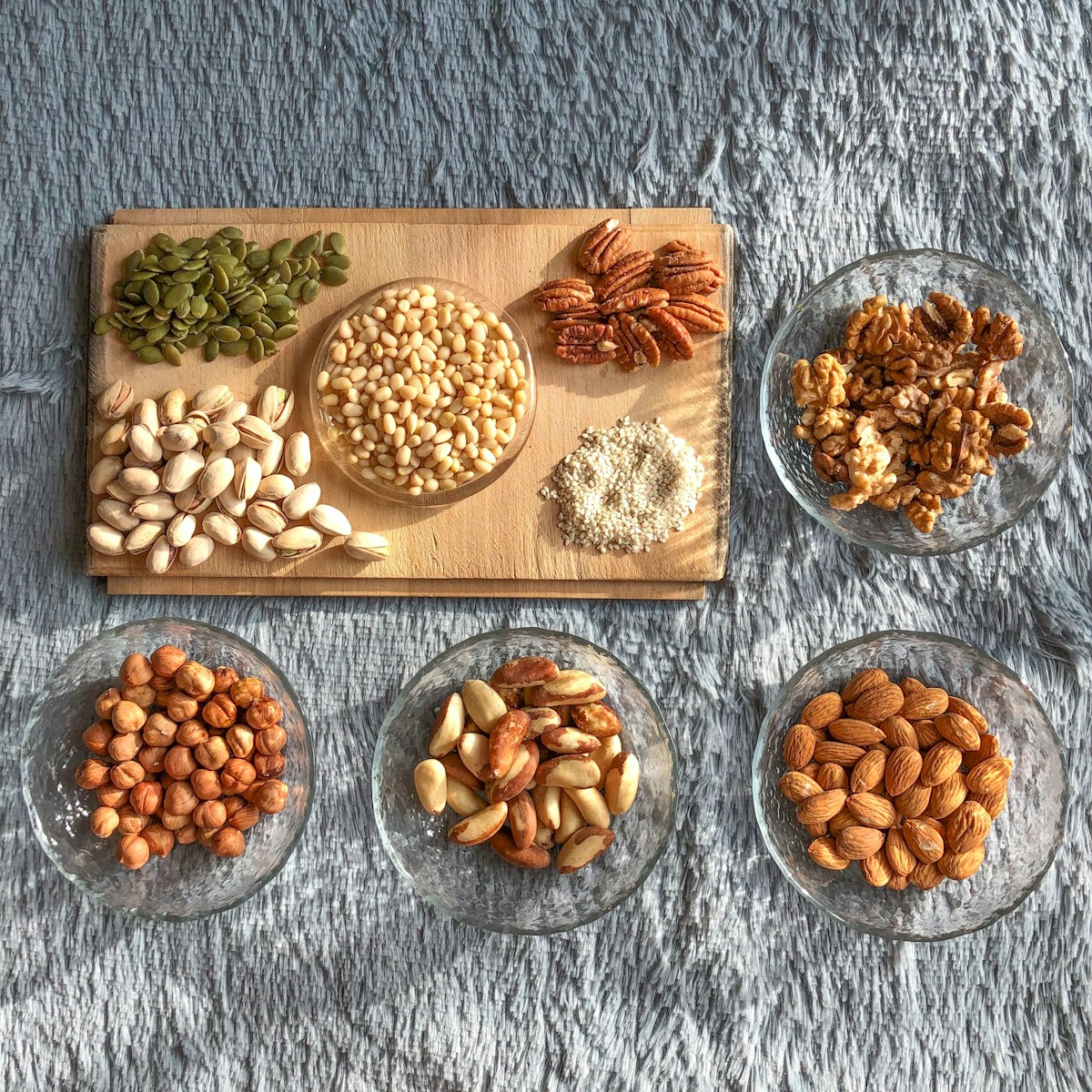Maintaining a healthy gut is essential for overall well-being and can have a significant impact on our physical and mental health. Fortunately, there are simple and natural ways to boost gut health that anyone can incorporate into their daily routine. From dietary changes to lifestyle habits, taking care of your gut can lead to improved digestion, better immune function, and even enhanced mood. Let’s explore some easy yet effective strategies to promote a healthy gut microbiome.

1. Incorporate more fiber-rich foods
One of the best ways to support gut health is by increasing your intake of fiber-rich foods. Fiber acts as a prebiotic, feeding the beneficial bacteria in your gut and promoting a healthy balance of microbiota. Include a variety of fruits, vegetables, whole grains, nuts, and seeds in your diet to ensure you’re getting an adequate amount of fiber each day.
2. Consume fermented foods regularly
Fermented foods like yogurt, sauerkraut, kimchi, and kefir are rich in probiotics, which are beneficial bacteria that can help improve gut health. Adding these foods to your diet can help replenish and maintain a healthy gut microbiome. Aim to consume fermented foods on a regular basis to support digestion and boost your immune system.
3. Stay hydrated throughout the day
Proper hydration is essential for overall health, including gut health. Drinking an adequate amount of water throughout the day helps to maintain the mucosal lining of the intestines, which can improve digestion and prevent issues like constipation. Make it a habit to carry a water bottle with you and sip on water consistently to stay hydrated.
4. Manage stress levels effectively
Chronic stress can have a negative impact on gut health by disrupting the balance of gut bacteria and increasing inflammation in the body. Find ways to manage stress effectively, whether through meditation, yoga, deep breathing exercises, or spending time in nature. Prioritizing stress management can have a beneficial effect on your gut health.

5. Get regular physical exercise
Regular exercise not only benefits your physical fitness but can also support a healthy gut. Physical activity helps to stimulate digestion and promote the growth of beneficial bacteria in the gut. Aim for at least 30 minutes of moderate exercise most days of the week to keep your gut in top shape.
6. Prioritize getting enough sleep
Quality sleep is crucial for overall health, including gut health. Lack of sleep can disrupt the balance of gut bacteria and increase the risk of gastrointestinal issues. Aim for 7-9 hours of quality sleep each night to support your gut microbiome and improve overall well-being.
7. Avoid processed and sugary foods
Processed foods and those high in sugar can negatively impact gut health by promoting the growth of harmful bacteria and inflammation in the gut. Limit your intake of processed foods, sugary snacks, and sodas, and opt for whole, nutrient-dense foods to support a healthy gut microbiome.
8. Include probiotic-rich foods in diet
In addition to consuming fermented foods, incorporating probiotic-rich foods like miso, tempeh, and kombucha can help diversify the beneficial bacteria in your gut. Probiotics can help improve digestion, boost immunity, and reduce inflammation in the gut. Experiment with different probiotic-rich foods to find what works best for you.
9. Practice mindful eating habits
Mindful eating involves paying attention to your food choices, chewing your food thoroughly, and eating slowly to aid digestion. By practicing mindful eating habits, you can improve nutrient absorption, reduce digestive discomfort, and support a healthy gut. Take time to savor your meals and listen to your body’s hunger and fullness cues.
10. Limit intake of artificial sweeteners
Artificial sweeteners like aspartame and saccharin have been linked to negative effects on gut health by disrupting the balance of gut bacteria. Limit your intake of artificial sweeteners and opt for natural sweeteners like honey or maple syrup when needed. Be mindful of hidden sources of artificial sweeteners in processed foods and beverages.
11. Experiment with gut-friendly herbs
Certain herbs like ginger, peppermint, and turmeric have been shown to have beneficial effects on gut health. Incorporate these gut-friendly herbs into your cooking or enjoy them as teas to support digestion and reduce inflammation in the gut. Experiment with different herbs to find what works best for you and your gut.
12. Consider trying intermittent fasting
Intermittent fasting, which involves cycling between periods of eating and fasting, has been shown to have positive effects on gut health. Fasting periods can give your digestive system a break and allow your gut to repair and regenerate. If considering intermittent fasting, start slowly and listen to your body’s cues to find a fasting schedule that works for you.
Taking care of your gut health doesn’t have to be complicated. By incorporating simple and natural strategies like increasing fiber intake, consuming fermented foods, managing stress, and getting regular exercise, you can support a healthy gut microbiome and improve your overall well-being. Experiment with different approaches and listen to your body to find what works best for you. With a little effort and consistency, you can boost your gut health naturally and enjoy the benefits of a happy gut.












